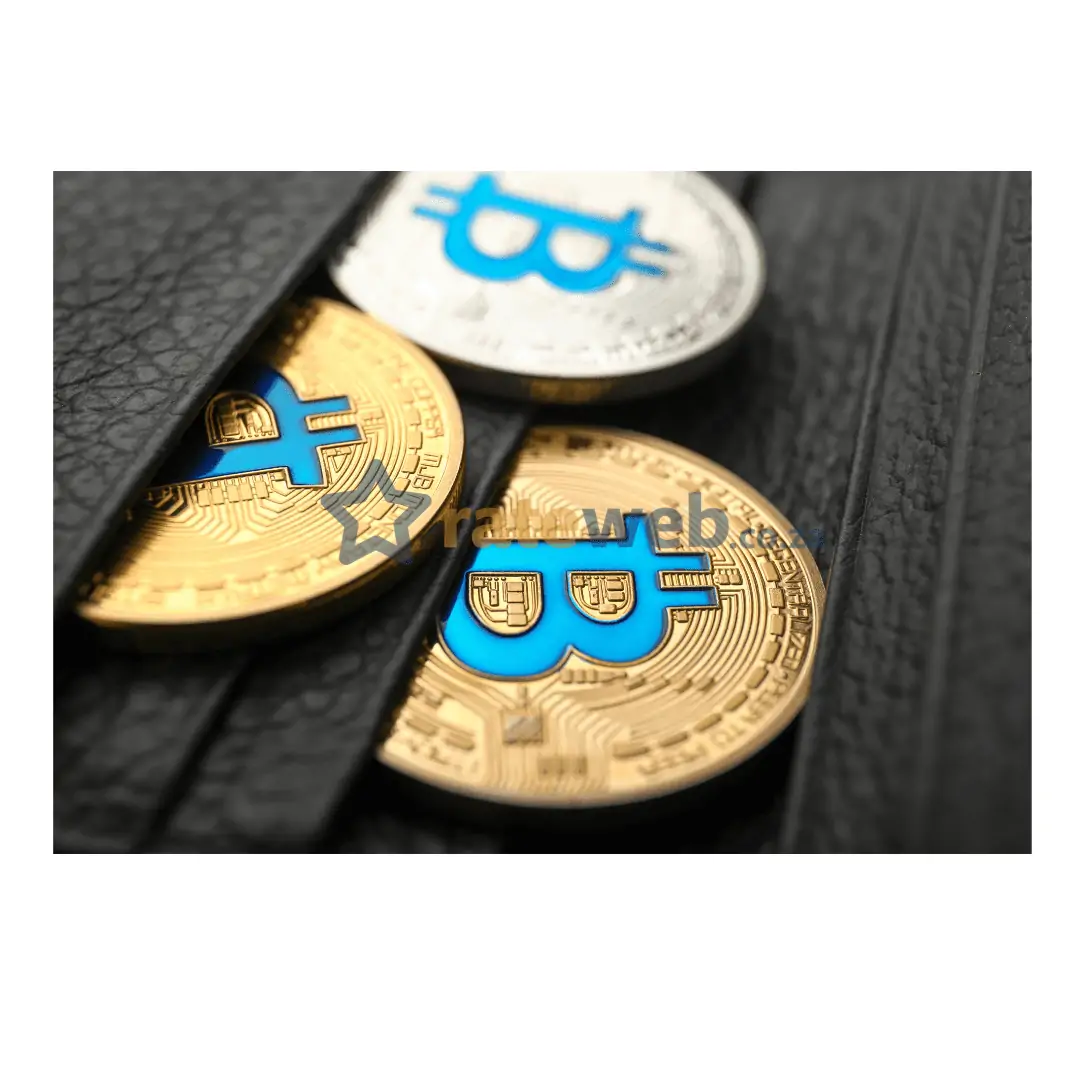
With over 100 bitcoin wallets accessible, many South Africans are finding it difficult to choose the right one. We’ll provide you with Rateweb’s top three suggestions for the best bitcoin wallets in this article. The first step to owning bitcoin and other cryptocurrencies is to select a safe, user-friendly bitcoin wallet.
A Bitcoin wallet is a computer program that allows you to send and receive Bitcoins, as well as store and track your Bitcoin balances. To manage your Bitcoins, you’ll need a Bitcoin wallet, much like you’ll need an email client like Yahoo, Outlook, or Gmail to manage your emails.
The Bitcoin blockchain is accessed using cryptocurrency wallets. They keep track of Bitcoin addresses on the blockchain and adjust their own balances as transactions occur. A wallet will be created using a basic Bitcoin wallet. Its private key is stored in a dat file.
This file should be backed up to a secure location, such as an encrypted drive on your computer, an external flash drive, or even a piece of paper and hidden away. One of the most crucial aspects of a bitcoin wallet to remember is that it is defined by the location of its private key.
A bitcoin private key is a combination of numbers and letters that serves as your Bitcoin wallet’s password. The bitcoin wallet receives its power to send Bitcoins from one person to another from this number. It’s also known as the “secret coordinates” for tracking down your Bitcoins. To put it another way, anyone possesses your private key gets access to your Bitcoins. Your Bitcoin address is also generated using your private key. Like your email address, your bitcoin address is a string of letters and numbers. It’s something you’d give to folks who wanted to send you Bitcoins.
Even though the private key generates the Bitcoin address, there’s no way to figure out what the private key is just by looking at a Bitcoin address. To summarize, the creation, storage, and usage of the private key are the essential functions of the wallet. In other words, it takes care of Bitcoin’s complicated cryptography.
Around 75% of South Africans maintain their coins on the exchange where they were purchased, thus relinquishing ownership and trusting the exchange to keep their money safe. A custodial wallet is one that doesn’t give you entire control over your coins, but moving your coins off the exchange and into a non-custodial wallet – one that you and only you control – is the best way to keep cryptocurrencies.
VALR is a leading South African crypto asset trading platform where you can buy, sell, store and transfer cryptocurrencies seamlessly and securely. We offer one of the widest selections of digital assets. We‘re helping to build a financial system that recognises the oneness of humanity.
Luno is a leading South African cryptocurrency exchange with over 9 million customers in 43 countries and a team of over 600. Luno operates across Africa, South East Asia, US and Europe. Luno’s products and services make it safe and easy to buy, store and learn about cryptocurrencies.
Exodus is a free software wallet that you can download and install on your computer or smartphone. It’s well-designed, easy to use, and supports more than 100 coins and tokens. Exodus allows you to exchange currencies and earn interest on your cryptocurrency holdings from within the wallet. Its biggest flaw is that it isn’t open-source, which means that its code isn’t publicly viewable and thus isn’t examined by community members to determine its quality. If you want to take your protection to the next level, you can utilize a hardware wallet, which is a real device that holds your money offline, away from most hacking and theft efforts.
The Nano X is simple to operate, supports over 1000 currencies and tokens, and can be controlled both from your phone and your computer. The Nano X isn’t totally open source, and it’s a touch pricy; but, if you’re concerned about security, the Nano X provides the best balance of security and usability.
The TREZOR One is a good alternative to the Nano X if you’re looking for a more cheap option. The TREZOR One is a battle-tested, open-source, intuitive hardware wallet that supports a wide variety of coins for less than half the price of the Nano X. The fact that it does not support XMR, XRP, or EOS is its primary disadvantage. That concludes our top three recommendations for the best bitcoin wallets.
This website uses cookies.